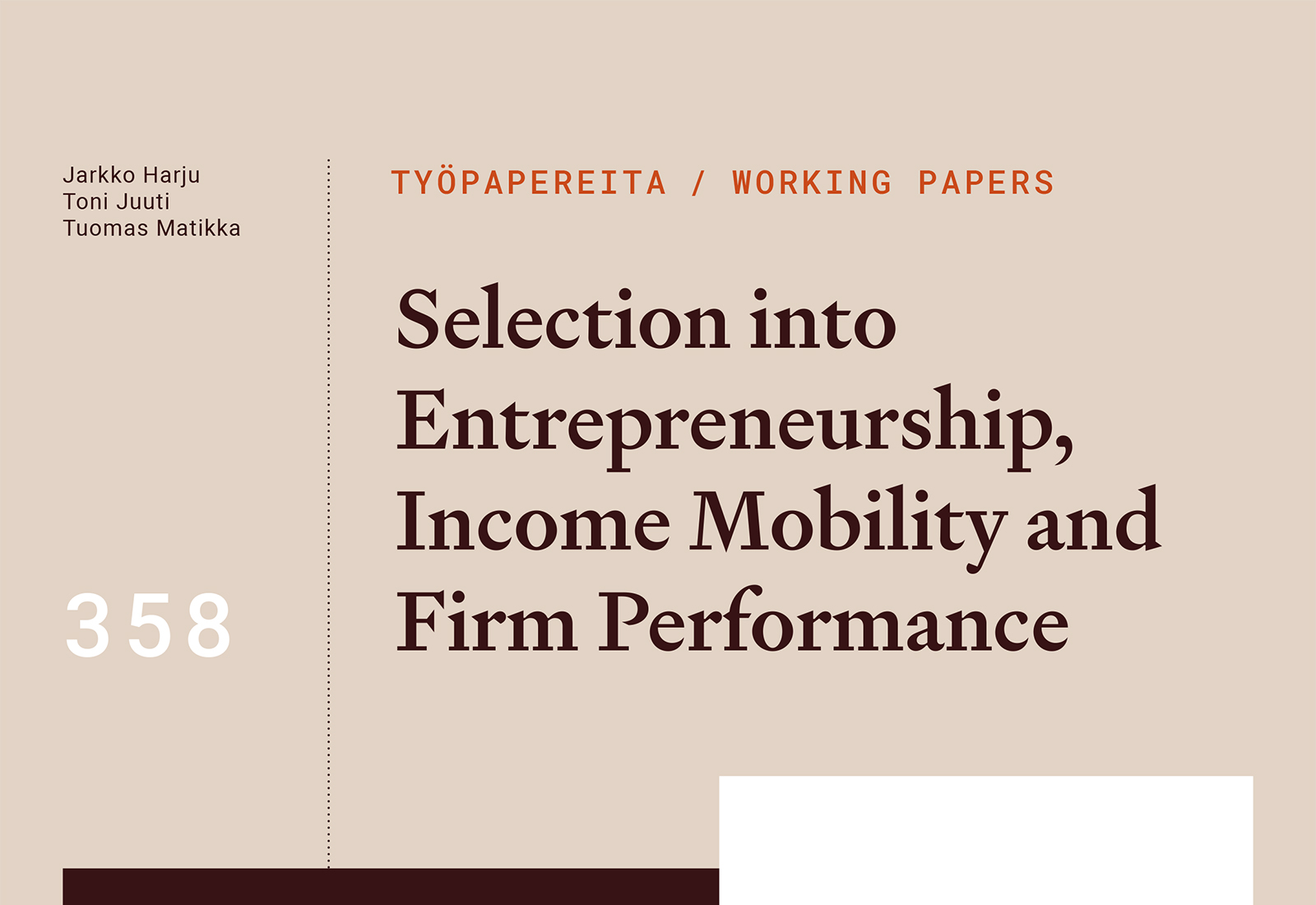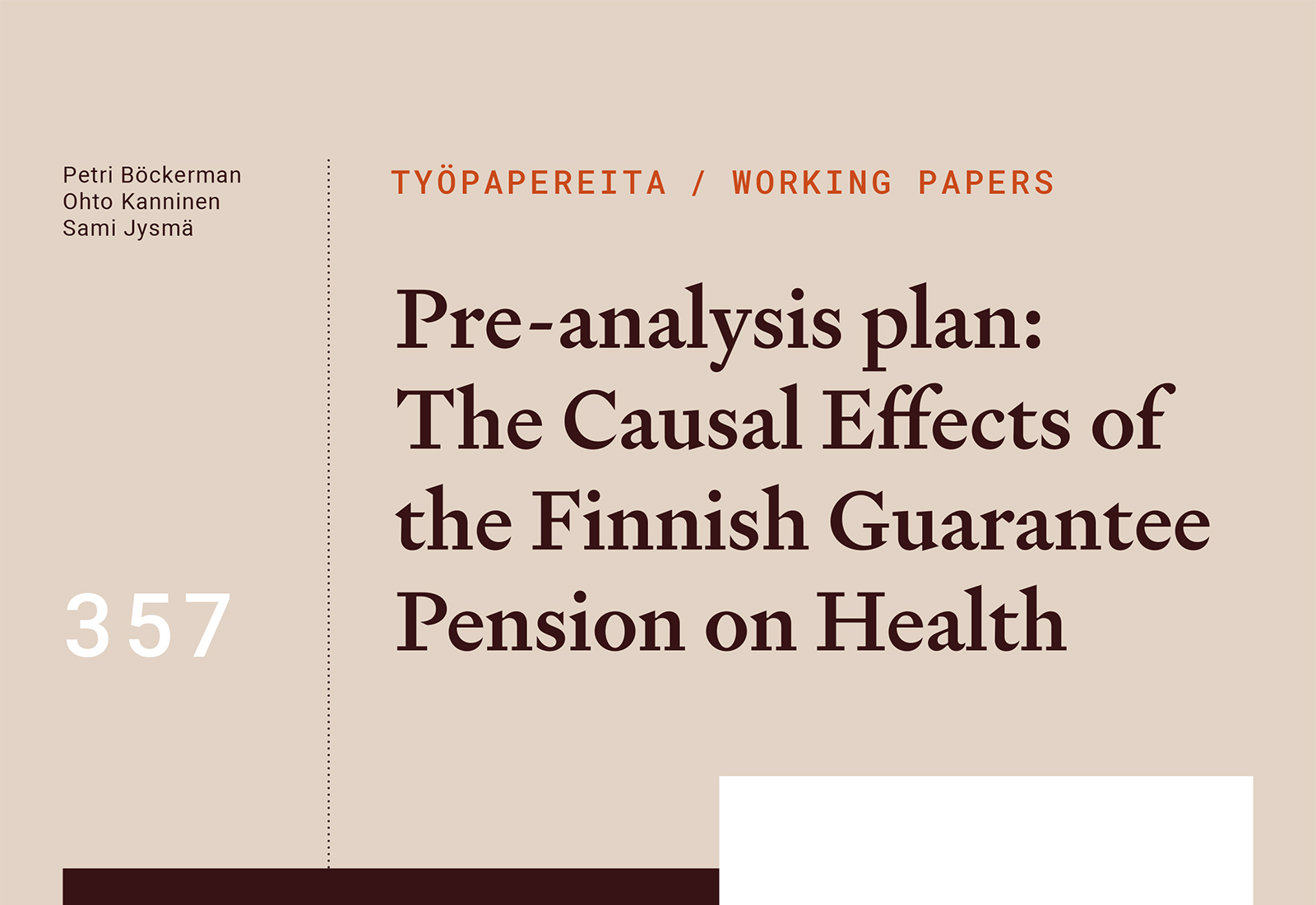Education, Gender, and Family Formation
Abstract
In response to the wide-ranging consequences of falling fertility rates, governments across high-income countries are considering how to increase rates of family formation. Despite significant scientific interest, there remains limited empirical evidence on how education shapes family choices across the life cycle. We study the effect of educational attainment on family formation using regression discontinuity designs generated by centralized admissions processes to both secondary and tertiary education in Finland. At both margins, admission to further education increases the probability that women form families – i.e. have children or find a partner. For men, our point estimates are near zero for all outcomes, and sometimes negative. These results contrast a common perception that educational attainment makes it harder for women to form families and men more attractive as potential partners. The positive effects on female fertility may be attributed to education improving the compatibility of work and family. Additionally, as higher-order skills are increasingly important in the labor market, and parental inputs are important in shaping these skills, these results align with the notion that education may make women more attractive as potential spouses.
Publication Information
Virtanen, H., Silliman, M., Kuuppelomäki, T. & Huttunen, K. (2024), Education, Gender, and Family Formation, ETLA Working Papers No 116.
- ISSN: 1795-1801 (Online)
- ISBN: 978-952-209-206-9 (Online)
- JEL: J13, I26
- Publication in PDF-format

- Tiina Kuuppelomäki
- Senior Researcher
- Tel. +358-40 940 1951
- tiina.kuuppelomaki@labore.fi
- Profile


